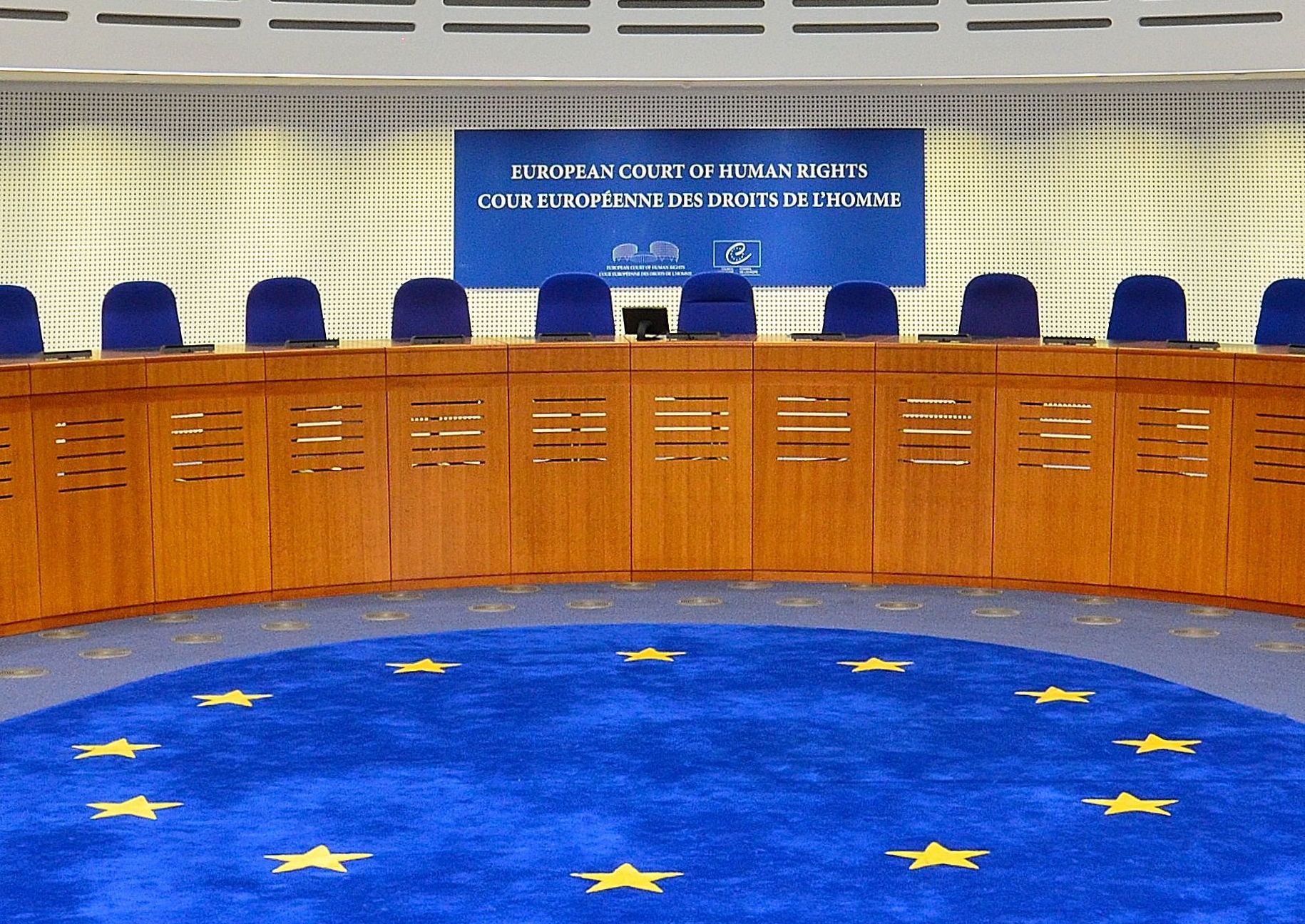Ireland recently voted to remove the crime of blasphemy from its constitution. Only fifty years ago this country resembled a Catholic theocracy, it has now begun to remove the last vestiges of religious privilege from its law. However, two incidents have occurred in as many weeks that illuminate the wicked influence these ancient laws continue to exert.
Last week Asia Bibi, a Christian woman who has spent the past eight years in prison on the charge of blasphemy, was acquitted. She had been accused of insulting the Prophet Muhammad. Blasphemy in her native Pakistan carries the death penalty. Her case had been incendiary. In 2012, the then governor of the Punjab province, Salmaan Taseer campaigned for Bibi’s release, in doing so he called Pakistan’s blasphemy laws archaic. Speaking out as he did was an act of bravery which he paid for dearly – murdered at the hands of his own bodyguard.
Asia Bibi’s acquittal should have been a happy ending to a tragic story. It was not. Religious hardliners whipped up violent fervour and cowed Pakistan’s new prime minister, former professional cricketer, Imran Khan. In an effort to placate these fundamentalists, he denied Bibi the ability to leave the country. This act of supreme cowardice puts her life at risk. The riotous mob – which have forced her lawyer to flee the country in fear of his life – want her dead and they are all too willing to extract justice themselves.
One cannot simply regard blasphemy laws as an anachronism whose final stronghold is the developing world. In the West, over 300 years since the Enlightenment, blasphemy remains a contested issue. The European Court of Human Rights (ECHR) recently upheld the conviction of an Austrian women who during a public lecture in 2009 accused the Prophet Muhammad of paedophilia – a standard far-right trope to inflame anti-Muslim sentiment. The woman known only as E.S. took her case to the ECHR – where she appealed to Article 8 of the Convention of Human Rights which guarantees freedom of expression. The ECHR upheld the Austrian court’s decision, claiming it had, “carefully balanced her right to freedom of expression with the right of others to have their religious feelings protected.”
Now, let me be clear, this is not to condone her outspoken view. One should not be needlessly provocative or gratuitously offend a person’s deeply held religious beliefs. Nevertheless, sometimes it is necessary to land hammer blows for reason and modernity. And to do so we need the freedom to critique and even ridicule religious figures. Religions make claims to historical veracity; therefore, their saviours, prophets and gurus must be held to the same standard as every other historical figure. One is free to vilify Henry the VIII for being a glutinous philanderer and Napoleon Bonaparte for being a vertically challenged megalomaniac. Even formally venerated figures such as Ghandi and Churchill have been re-evaluated. This decision by the ECHR to privilege religious sensibilities above a person’s right to free expression carelessly creates a de-facto blasphemy law.
The case of Asia Bibi demonstrates that blasphemy laws are not just an imposition on free speech, these laws promote barbarism and lead to the death of innocent people. Yet, there are brave people all around the world that are risking their lives to speak out against them. We, who face zero existential risk, have to be vociferous in our condemnation, and critique those who would act as apologists for their continued existence. The notion of blasphemy needs to be consigned to history.
Andrew Morris
Image: [Wikipedia]

